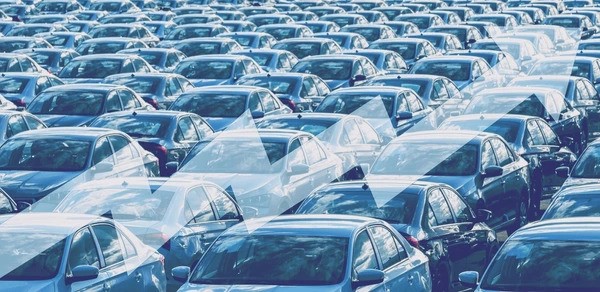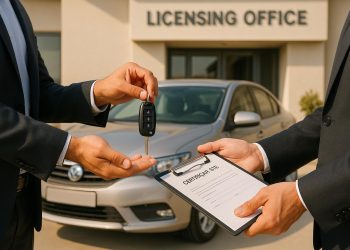In a recent address at an automotive conference in Cape Town, President Cyril Ramaphosa emphasized the South African government’s commitment to boosting the local production of electric and hybrid vehicles. He announced plans to introduce incentives, such as tax rebates and subsidies, aimed at increasing the adoption of these environmentally friendly alternatives.
“This initiative is not solely about fostering a greener future,” Ramaphosa stated. “It’s essential for maintaining South Africa’s competitiveness in the global market, particularly as many of our key trading partners are rapidly transitioning to electric vehicles (EVs).” He stressed the importance of integrating into the global supply chain, warning that failure to do so could result in South Africa being left behind.
Challenges Facing the Automotive Sector
The country’s automotive sector, which contributed over 271 billion rand in exports last year, heavily relies on exports to the European Union. However, the EU is poised to implement legislation that will progressively reduce the demand for vehicles powered by diesel and gasoline. In February, the South African government announced a policy allowing automakers to claim a 150% tax deduction on investments made in EV manufacturing facilities, though further details on this plan remain pending.
Despite these initiatives, industry leaders have voiced concerns about the government’s limited efforts to cultivate a domestic market for electric vehicles. South Africa currently faces challenges, including a poorly developed network of electric charging stations and a 25% import tax on electric vehicles, while traditional gasoline and diesel vehicles face no such levies.
The Path Forward for EVs in South Africa
“The specifics of the incentives are still under development,” remarked Vincent Magwenya, Ramaphosa’s spokesperson. “We recognize the urgency to finalize these plans, especially regarding the establishment of recharging infrastructure, where the private sector can play a significant role.”
As the nation contemplates a full transition to electric vehicles, some experts advocate for a more gradual approach. Peter van Binsbergen, CEO of BMW South Africa, highlighted the necessity of a broader energy vehicle policy that encompasses hybrid cars. Business Day reported that van Binsbergen and other industry stakeholders are urging the government to include hybrid-electric vehicles in its policy framework, especially in light of the declining demand for fully electric vehicles in Europe this year.
The transition to a greener automotive future in South Africa appears to be gaining momentum, but the government will need to implement supportive policies and infrastructure to ensure the success of electric and hybrid vehicles in the market.





